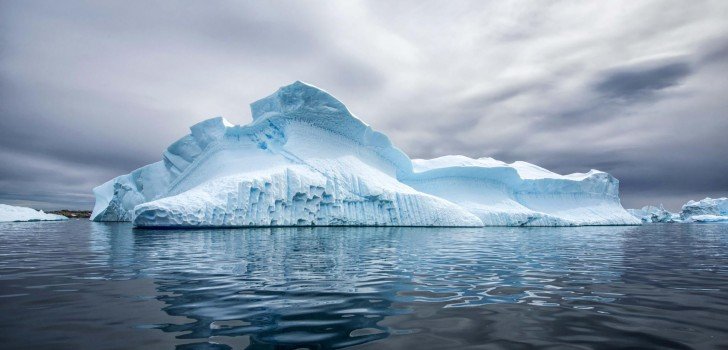Scientists have determined that the Northwest Passage in the Arctic is not suitable for usage as a regular commercial shipping route.
Researcher from York University Christian Haas, along with a team of colleagues, measured the thickness of the sea ice across a stretch of over 600 miles between the Resolute and Cambridge bays. The results indicated that most of the ice in this region is almost 10 feet thick.
The study, which represents the first large-scale assessment of ice thickness in the area, took place earlier this year, and it was published in the journal of Geophysical Research Letters.
The ice remains in place over a period of multiple years, giving it the proper distinction of “multi-year ice”. This type of ice is the thickest and oldest type of ice. In the winter, the area is completely covered by ice. However, some of it melts in the summer.
Haas said, “The Northwest Passage is very complicated because it’s one region where there is still a lot of multi-year ice. We were surprised to find this much thick ice in the region in late winter, despite the fact that there is more and more open water in recent years during late summer.”
The researchers believe that it will take three to five decades before the ice is weak enough to consider utilizing the area as a regular shipping route. The Northwest Passage is the connecter between the Beaufort Sea of the west and the eastern Baffin Bay. The passage is a quicker route between the Pacific and Atlantic Oceans than the canals of Panama and Suez.
While the results of the study might be a downer for the shipping industry, it does show that global warming might not be occurring as quickly as we thought. The Arctic is believed to be one of the places where global warming is the most extreme, and the impact is the most significant.
However, scientists are still worried, saying that the Arctic region is massive, and only one area was observed in this instance.
Scientists said in September that Arctic sea ice decreased in size to its fourth-lowest ever recorded level. The lowest level that was ever recorded came from 2012.
Stay Connected